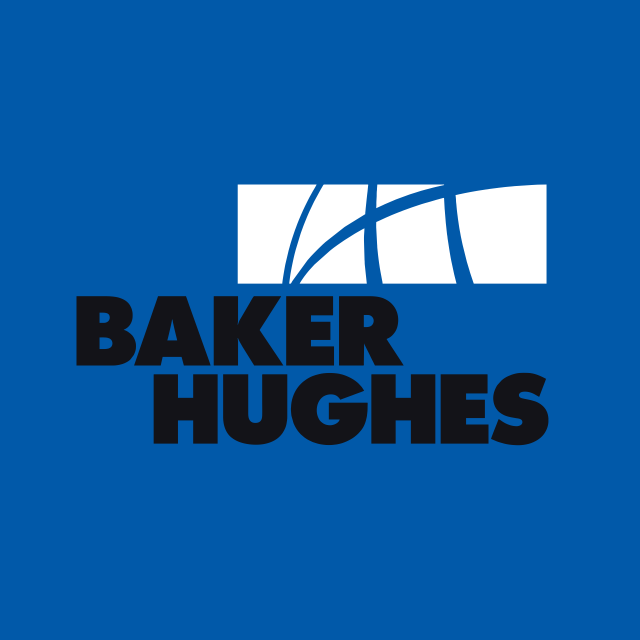Анализ компании Chesapeake Energy
1. Резюме
Плюсы
- Цена (87.12 $) меньше справедливой цены (100.06 $)
- Доходность акции за последний год (-4.98%) выше чем средняя по сектору (-32.48%).
- Текущий уровень задолженности 14.69% ниже 100% и уменьшился за 5 лет с 58.43%.
Минусы
- Дивиденды (2.11%) меньше среднего по сектору (4.12%).
- Текущая эффективность компании (ROE=22.55%) ниже чем в среднем по сектору (ROE=34.69%)
Похожие компании
2. Цена акции и эффективность
2.1. Цена акции
2.2. Новости
2.3. Рыночная эффективность
| Chesapeake Energy | Energy | Индекс | |
|---|---|---|---|
| 7 дней | 0% | -20.5% | -2% |
| 90 дней | 0% | -29.3% | -12.1% |
| 1 год | -5% | -32.5% | 6.4% |
CHK vs Сектор: Chesapeake Energy превзошел сектор "Energy" на 27.5% за последний год.
CHK vs Рынок: Chesapeake Energy значительно отстал от рынка на -11.35% за последний год.
Стабильная цена: CHK не является значительно более волатильным чем остальная часть рынка на "NASDAQ" за последние 3 месяца, типичные отклонения в пределах +/- 5% в неделю.
Длительный промежуток: CHK с недельной волатильностью в -0.0958% за прошедший год.
3. Резюме по отчету
4. Фундаменальный анализ
4.1. Цена акции и прогноз цены
Ниже справедливой цены: Текущая цена (87.12 $) ниже справедливой (100.06 $).
Цена не значительно ниже справедливой: Текущая цена (87.12 $) немного ниже справедливой на 14.9%.
4.2. P/E
P/E vs Сектор: Показатель P/E компании (4.61) ниже чем у сектора в целом (10.39).
P/E vs Рынок: Показатель P/E компании (4.61) ниже чем у рынка в целом (48.45).
4.2.1 P/E Похожие компании
4.3. P/BV
P/BV vs Сектор: Показатель P/BV компании (1.04) ниже чем у сектора в целом (1.73).
P/BV vs Рынок: Показатель P/BV компании (1.04) ниже чем у рынка в целом (3.38).
4.3.1 P/BV Похожие компании
4.4. P/S
P/S vs Сектор: Показатель P/S компании (1.43) ниже чем у сектора в целом (1.5).
P/S vs Рынок: Показатель P/S компании (1.43) ниже чем у рынка в целом (10.23).
4.4.1 P/S Похожие компании
4.5. EV/Ebitda
EV/Ebitda vs Сектор: Показатель EV/Ebitda компании (3.06) ниже чем у сектора в целом (7.1).
EV/Ebitda vs Рынок: Показатель EV/Ebitda компании (3.06) ниже чем у рынка в целом (15.44).
5. Доходность
5.1. Доходность и выручка
5.2. Доход на акцию - EPS
5.3. Прошлая доходность Net Income
Тренд доходности: Отрицательный и за последние 5 лет упал на -24.96%.
Ускорение доходности: Доходность за последний год (0%) превышает среднюю доходность за 5 лет (-24.96%).
Доходность vs Сектор: Доходность за последний год (0%) ниже доходности по сектору (10.24%).
5.4. ROE
ROE vs Сектор: Показатель ROE компании (22.55%) ниже чем у сектора в целом (34.69%).
ROE vs Рынок: Показатель ROE компании (22.55%) выже чем у рынка в целом (8.97%).
5.5. ROA
ROA vs Сектор: Показатель ROA компании (16.83%) выже чем у сектора в целом (11.23%).
ROA vs Рынок: Показатель ROA компании (16.83%) выже чем у рынка в целом (6.3%).
5.6. ROIC
ROIC vs Сектор: Показатель ROIC компании (0%) выже чем у сектора в целом (-9.78%).
ROIC vs Рынок: Показатель ROIC компании (0%) ниже чем у рынка в целом (10.96%).
7. Дивиденды
7.1. Дивидендная доходность vs Рынок
Низкая див доходность: Дивидендная доходность компании 2.11% ниже средней по сектору '4.12%.
7.2. Стабильность и увеличение выплат
Стабильность дивидендов: Дивидендная доходность компании 2.11% стабильно платится на протяжении последних 7 лет, DSI=0.71.
Слабый рост дивидендов: Дивидендный доход компании 2.11% слабо или не растет за последние 5 лет. Рост на протяжении только 0 лет.
7.3. Процент выплат
Покрытие дивидендами: Текущие выплаты из доходов (20.13%) находятся на не комфортном уровне.
Оплатите подписку
Больше функциональности и данных для анализа компаний и портфеля доступно по подписке




